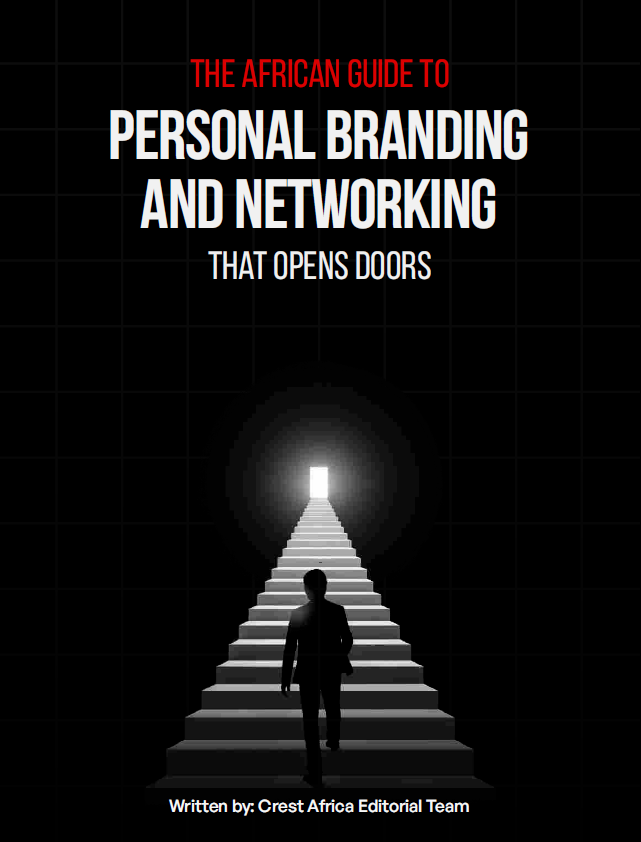A surge in artisanal gold mining in Ghana has driven toxic metal contamination in mining communities to hazardous levels, with mercury in some soils reaching up to 134 times the World Health Organization’s safety threshold, according to a government-backed study.
The report, compiled by New York-based environmental group Pure Earth and Ghana’s Environmental Protection Authority, followed a year of testing soil, water, crops, and fish across six of Ghana’s 13 mining regions.
Rising gold prices have fueled rapid growth in the largely unregulated artisanal mining sector, raising alarm over health impacts.
The sector exported 66.7 metric tons of gold worth $6.3 billion in the first eight months of this year, surpassing the 53.8 tons exported in all of 2024, according to Reuters.
Despite government efforts to distinguish regulated mining from illegal operations, gold flows frequently overlap, complicating enforcement.
Researchers found mercury levels in soil at Konongo Zongo averaging 56.4 parts per million (ppm), far exceeding the WHO’s 10 ppm guideline, with peak levels reaching 1,342 ppm during the study period.
The report also highlighted extreme arsenic contamination, with concentrations reaching 10,060 ppm, over 4,000% higher than WHO standards.
According to WHO, prolonged exposure to arsenic can cause kidney failure, skin damage, and higher risks of lung, bladder, and skin cancers through contaminated food and water.
Don’t Miss This:
Ghana Imposes Stricter Visa Rules On Chinese Nationals To Combat Illegal Gold Mining
“The cumulative exposure to this cocktail of toxic metals through multiple pathways, ingestion, inhalation and dermal contact, is a serious health hazard requiring immediate intervention,” the report stated.
It was presented to environmentalists and government officials in Accra on September 18 and later shared with Reuters.
Signs of these health consequences may already be emerging. “We’re seeing more children from mining areas with kidney disorders, some are now on dialysis,” said Anthony Enimil of Ghana’s Pediatric Society on Monday.
“X-rays show mercury pellets in their bodies after accidental ingestion.” The Ghana government did not immediately respond to a request for comment.
Godwin Armah, General Secretary of the Ghana National Association of Small-Scale Miners, acknowledged the challenge of addressing mercury contamination.
“We have banned the use of mercury in gold amalgamation and now use the Gold Kacha (concentrator) as a safer alternative. We are also stepping up sensitisation,” he said, referencing a device used by artisanal miners to separate gold without mercury.
Environmentalists, including Accra-based group A Rocha Ghana, say toxic pollution from small-scale and unregulated mining is widespread across all 13 of the country’s mining regions.
President John Dramani Mahama has pledged to crack down on illegal mining and established the Ghana Gold Board to regulate the industry, but critics argue progress has been slow, with Ghanaians staging protests demanding stronger action.
Don’t Miss This:
Mali Approves Seven New Mining Agreements Under Revised Code To Expand State Revenue
Image Credit: Reuters



